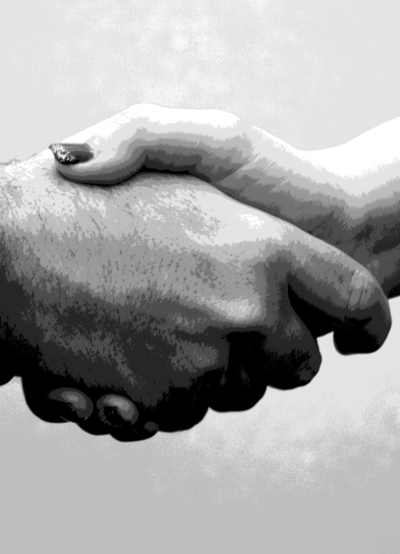Equality wanting for next few decades
 Workplace analysts say it will be 2050 before gender equality is widespread in the global workforce.
Workplace analysts say it will be 2050 before gender equality is widespread in the global workforce.
Consulting firm Mercer says progress on gender equality has been slow, with women statistically under-paid and under-represented at all levels in the workplace and executive boardrooms.
“At this pace and rate of change globally, we won't see any form of gender equality in the workforce till 2050,” Mercer's Patricia Milligan said.
Although women are about 40 per cent of the global workforce, they only make up about a third of managers and just 26 per cent of senior managers.
“In Australia, women are highly educated and make up nearly half the workforce, however just 27.4 per cent of key management personnel and 15.4 per cent of CEOs are women,” Workplace Gender Equality Agency (WGEA) director Libby Lyons says.
“The gender pay gap is still significant, at 24 per cent based on full-time total remuneration,” she told the ABC.
Women are much more likely to work part-time than men, and they are given fewer opportunities to progress to management roles while working part-time.
The WGEA says employers should offer more flexibility in work arrangements, so that all workers can meet their lifestyle and caring responsibilities while progressing in the careers.
“Most importantly, we need real commitment to gender equality as a critical business issue at the highest levels of Australian organisations,” Ms Lyons said.
WGEA's stats show just 26.3 per cent of employers conduct annual gender pay gap analyses, but this number is increasing.
The Mercer report says Latin America may be the only region that will reach equal gender representation in the workforce, rising from 36 percent in 2015 to 49 per cent by 2025.
At this point, Australia, New Zealand, the United States and Canada will have gender representation of 40 per cent female or less.







 Print
Print